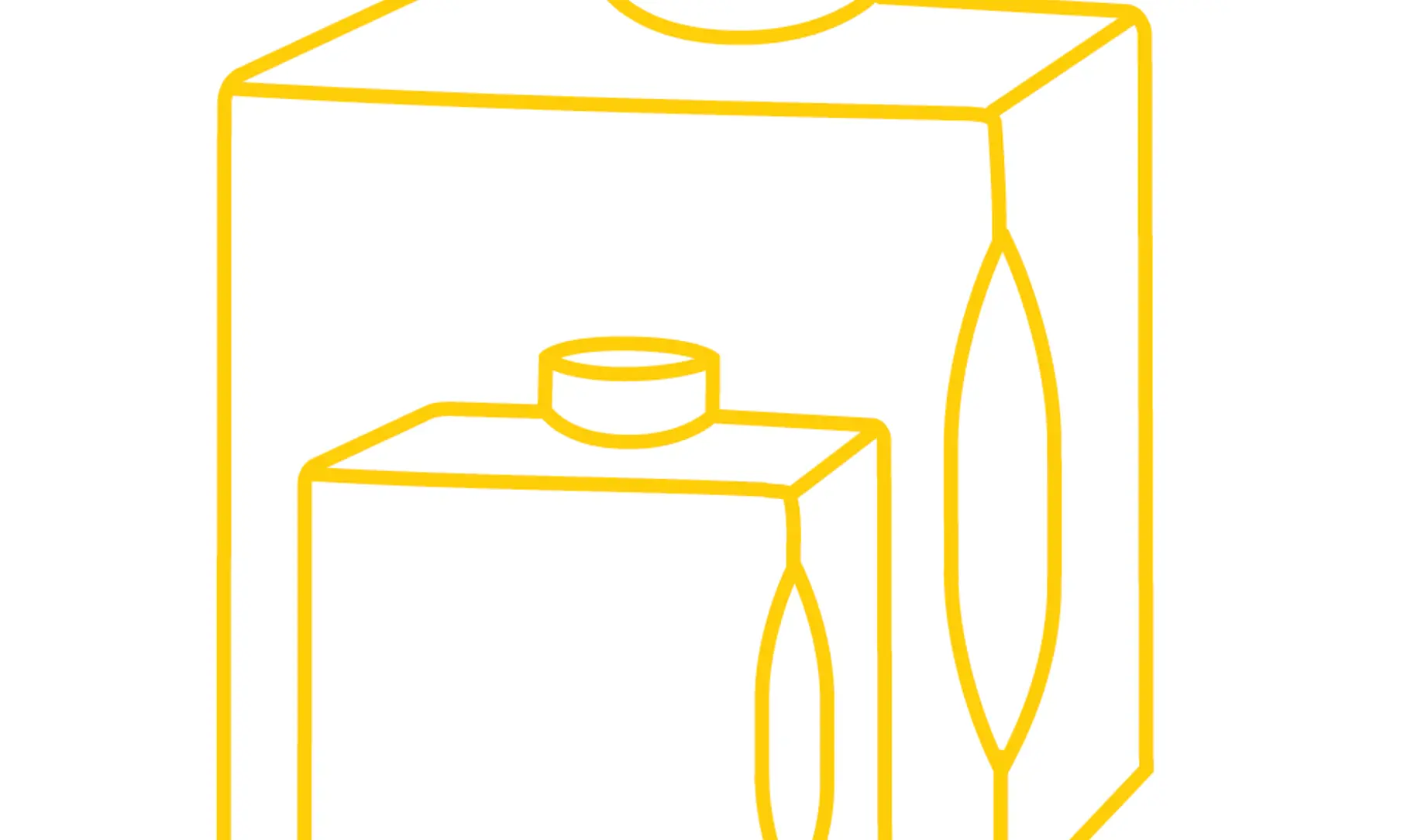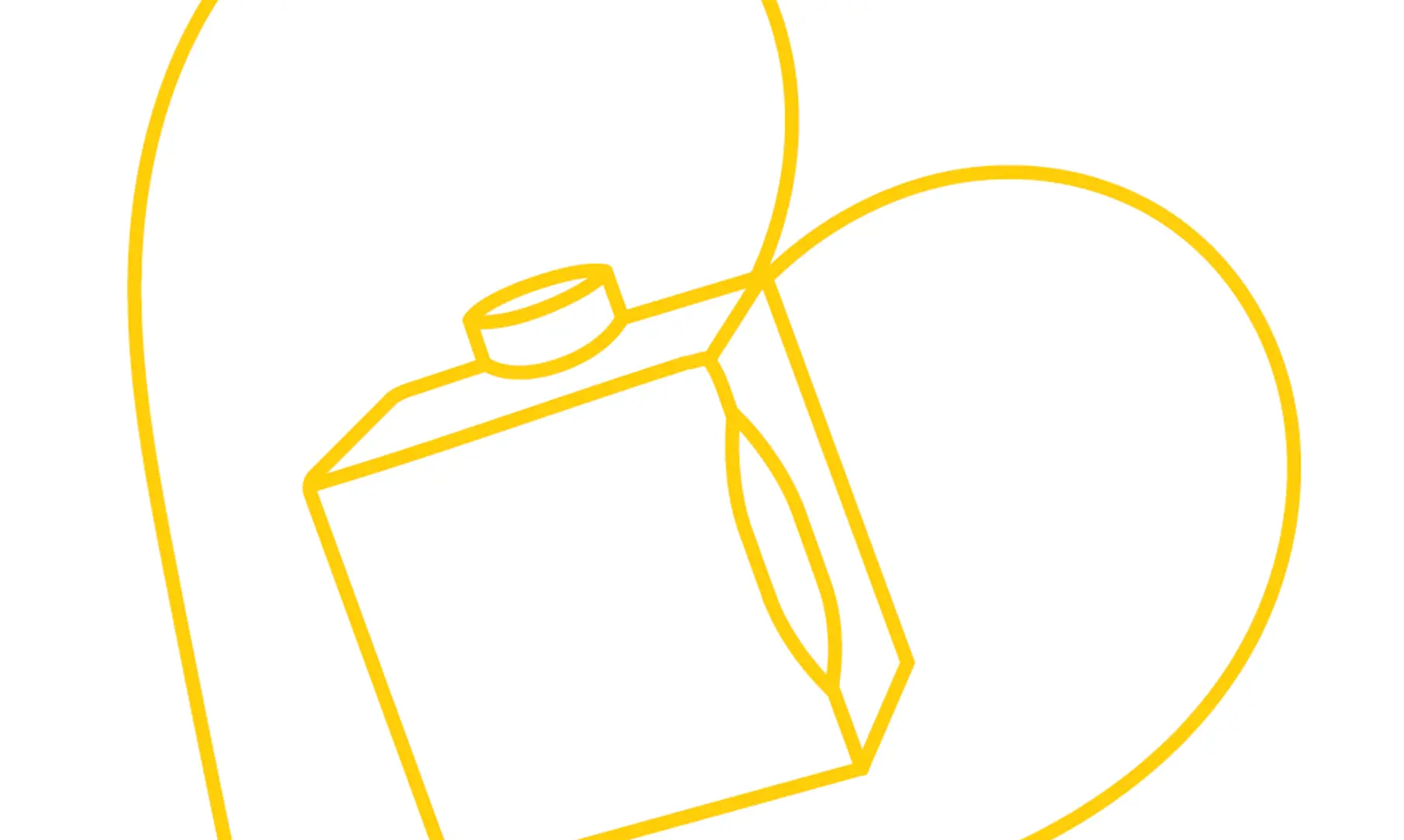Driving Green Consumption

In part five of our Driving Dairy series, we explore the role of sustainability and pack sizing in consumer decisions
In part four, we discussed the relevance of taste in the consumption of dairy products and how exciting flavours are driving up the popularity of liquid milk.
We’ll now look into other significant factors that influence consumer decisions. Consumers today want product companies to not only understand but anticipate their requirements and preferences, be it related to their busy lifestyles, price-sensitive spending or personal commitment to being environmentally friendly.
What are consumer priorities when shopping for food and beverages?




Does one size fit all?
Flexible pack sizes that fit one’s consumption pattern is a basic requirement for today’s consumers. The on-the-go lifestyles of millennials and Gen Z led to a surge in single-serve products in recent times. These consumer segments were also among the most environmentally conscious, making it important for product companies to ensure that their packaging combined sustainability and convenience.
Then, consumption patterns shifted in 2020. With more people staying and cooking at home, not all products needed to be compact anymore. Certain dairy products like liquid milk, heavy cream, and cheese blocks made a comeback in bigger sizes to match the altered lifestyle. Increased consciousness about food safety, value for money, and avoiding food waste has led to consumers looking for flexible pack sizes to meet their shifting requirements.
Small is still big
Single-serve packs continue to be popular, especially in categories such as flavoured milk, fortified beverages, yoghurts and snacks. Food safety and wellness are of paramount importance in the minds of the consumer and aseptically packaged single-serve products offer more than just convenience. They come with the assurance of food safety along with controlled portion sizes, low cost and detailed nutritional information.

The sustainability advantage
Sustainability is the new competitive edge, but it means different things to different consumers. From organic ingredients and fair-trade practices to green manufacturing processes and sustainable packaging, consumers want the best for themselves and others. Conscious of the impact of their choices, increasing number of consumers are willing to switch to more sustainable brands. Between 2013 and 2018, products marketed as sustainable grew 5.6 times faster with dairy products, such as milk and yoghurt, among the frontrunners. This trend makes it imperative for product companies to showcase their sustainability initiatives through clear communication.
Looking ahead: Dairy in a lab
Although lab-grown dairy has been around as a concept, it has not been a commercially viable option, but that might change in the near future. Cellular agriculture is set to take a huge leap with a biotech start-up pioneering the technology that creates real milk from milk cells. This technology minimises the need for animals to produce milk, in turn eliminating many of the environmental concerns relating to dairy farming such as pollution, animal welfare, water conservation, and more. However, it remains to be seen whether lab-grown milk and dairy products become an ancillary sector or enter the mainstream.
Sustaining partnerships
Sustainability requires the right partners at different stages of the supply chain, from source to shelf. Recognising this need for collaboration, dairy companies from around the globe have gotten together to form the Sustainable Dairy Partnership. This consortium works with their respective local dairy producers to meet the extensive sustainability criteria defined by the Dairy Sustainability Framework – from minimising greenhouse gas emissions to safeguarding rural economies.
At SIG, we support our customers with a range of sustainable aseptic packaging options in sizes from 80 to 2000 ml enabling them to meet the changing requirements of their consumers while adhering to global product safety and quality standards. For example, they can provide a rightsized product for their on-the-go consumer segment with combiblocXSlim or target families and business with combiblocMaxi – meeting both flexible sizing and sustainability demands.
Making packs matter
SIG’s range of sustainable packaging and flexible filling machines, makes it possible for manufacturers to meet the requirements of the market while minimising environmental impact. Find out how the fifth-largest dairy company in the world, Arla, is making a statement in sustainability with our plant-based SIGNATURE packs. Get a copy of the case study by filling out the download form below.

In the next part of the series, we’ll look back at the prevailing trends in the dairy industry and explore how this sector can continue to retain its market share and grow further.
- 5月 05, 2021
